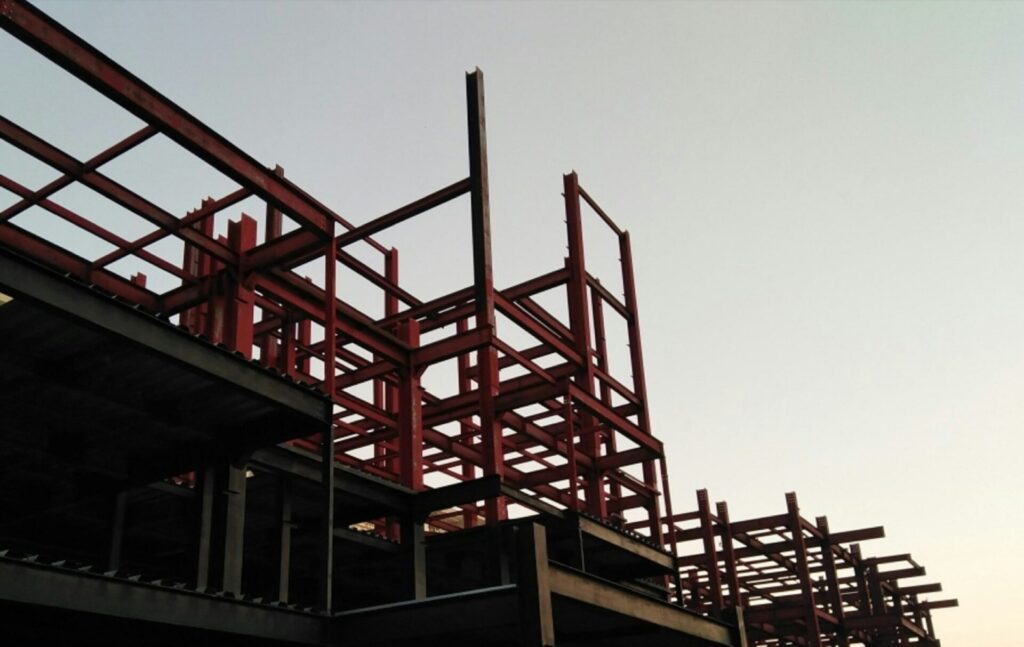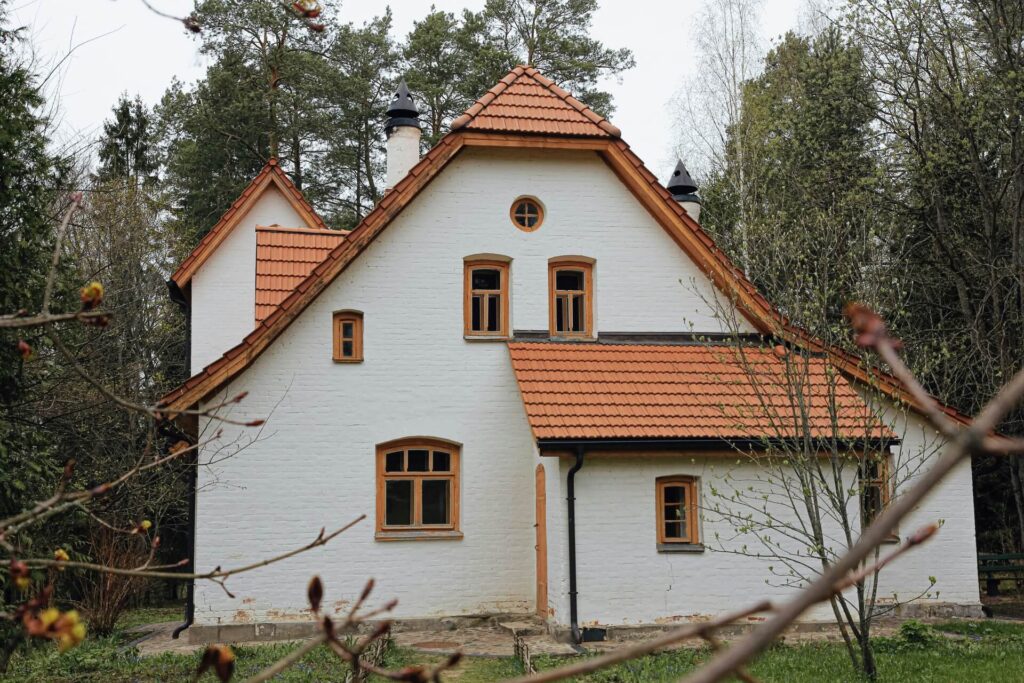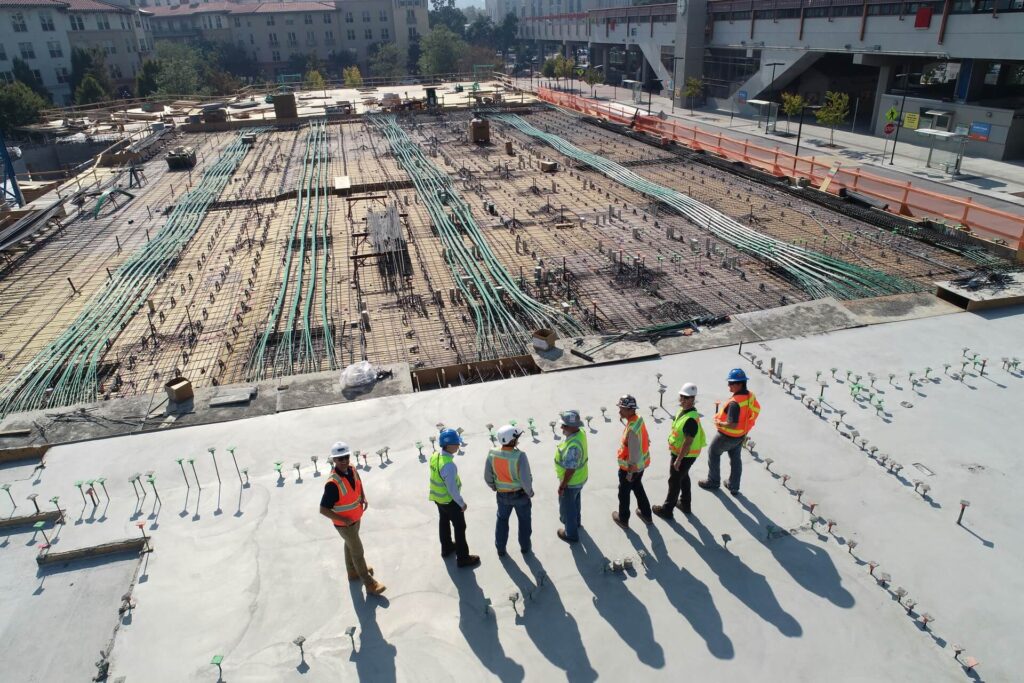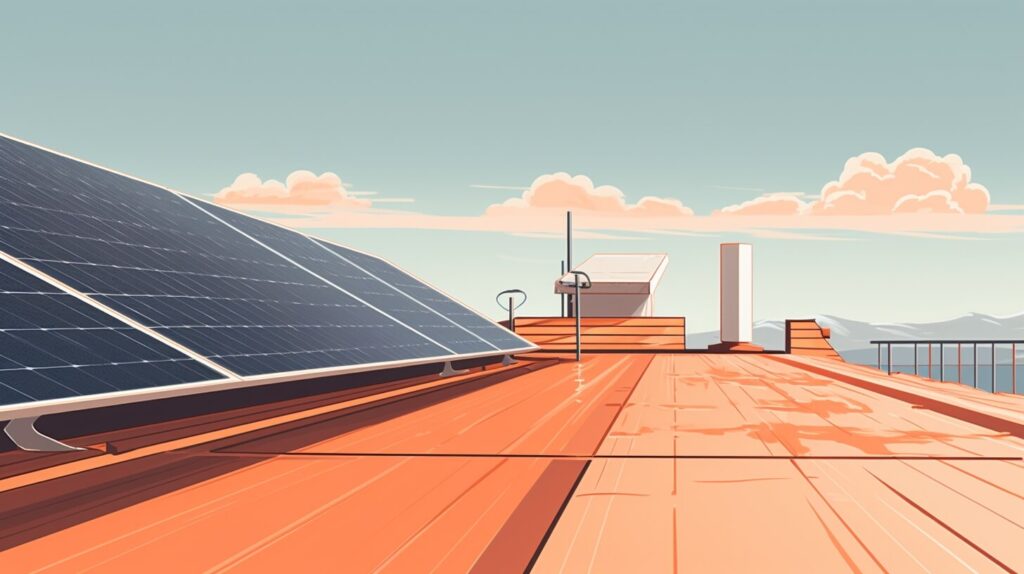We are reader-supported. When you buy through links on our site, we may earn an affiliate commission.
Construction is a wide umbrella that covers everything from infrastructure to homes and everything in between. If you’re just starting your career in the construction industry, seeing one of these projects come across your desk might leave you feeling intimidated. It might even be enough to scare you away from the construction industry entirely if you let it. However, it’s not difficult to learn and prepare for the work ahead.
Here is a basic list of different types of construction projects and what you need to know about them:
1. Federal Construction
You’ll see all sorts of designations for various types of construction projects. When you break construction down to its base components, though, every assignment falls into one of three categories — federal, state, and private. We’ll start at the top of the ladder with federal projects. Construction jobs at this level can take all sorts of different shapes, like government buildings, courthouses, or even flood control projects funded by programs like the Federal Emergency Management Agency (FEMA).
Any jobs on federally owned land all fall under the federal project blanket. Examples include military bases, federal buildings, and levees. Government construction assignments and their associated contracts are often highly coveted because they’re both lucrative and steady. If you ever encounter a project controlled by entities like the U.S. Army Corps of Engineers, you’ve lucked into a federal construction assignment.
2. State Construction
The next step down the ladder is state construction. These assignments may look a lot like federal projects on the surface, but the difference lies in who foots the bill and who will own the finished result. State construction includes schools, government buildings, and local infrastructure construction such as highways, bridges, and sewer lines.
The term state might seem all-encompassing, but it can refer to projects in the state capital or individual municipalities, cities, or counties. Any government contract project that is not specifically dubbed federal will fall under the state umbrella.
3. Private Construction
Finally, we have private construction projects. These are the jobs you’re probably most familiar with. They can take all sorts of different forms, such as new residential homes, commercial businesses, and even some industrial projects. The entity that foots the bill separates private projects from state or federal ones. These assignments always have a private financial backer.
The financial backer will vary depending on the project’s details. A residential property might be backed by a mortgage lender or the future homeowner, while a commercial property might have the backing of the company that will later inhabit it. This category sounds like an expansive subset, but the easiest way to remember it is that anything that’s not state or federal is considered a private construction contract.
The Basics of Construction Projects
The most important thing to remember as you’re navigating the beginning of your career in the construction industry is not to overcomplicate things. Things like contracts and payments will be different for private contracts compared to federal or state jobs. That’s why understanding the main types of construction projects matters.
Much of the industry prefers to use a classification system based on building type, but while that might provide more options to choose from, it isn’t as accurate as our simple three-step breakdown. It’s easy to make things too complicated and get overwhelmed or intimidated when one of these contracts crosses your desk. Keep things simple and take the time to understand the three different types of construction projects so you know how to make the best and most informed decision.







